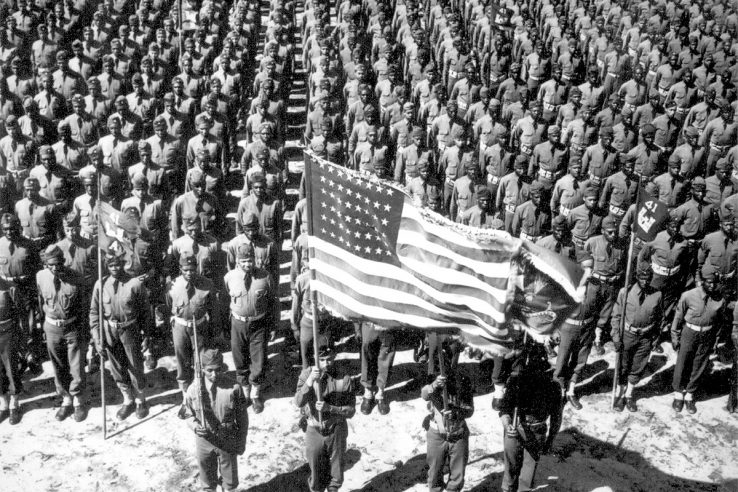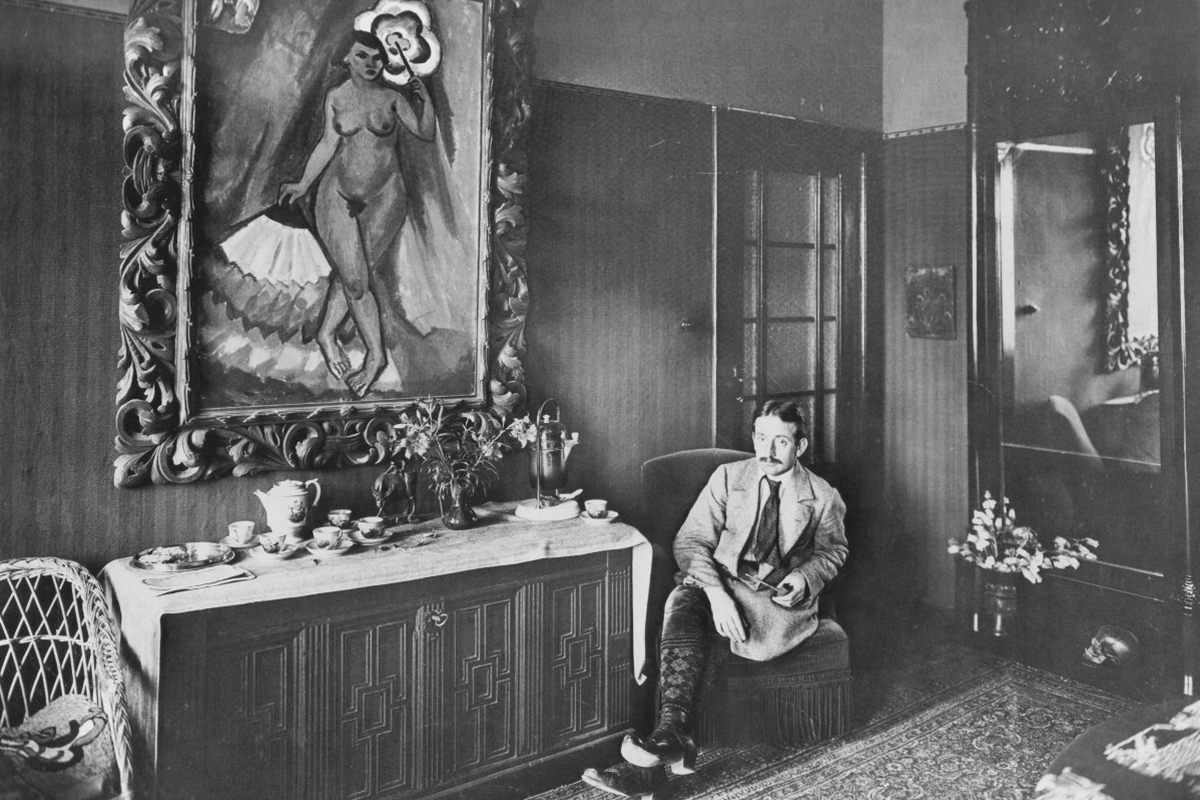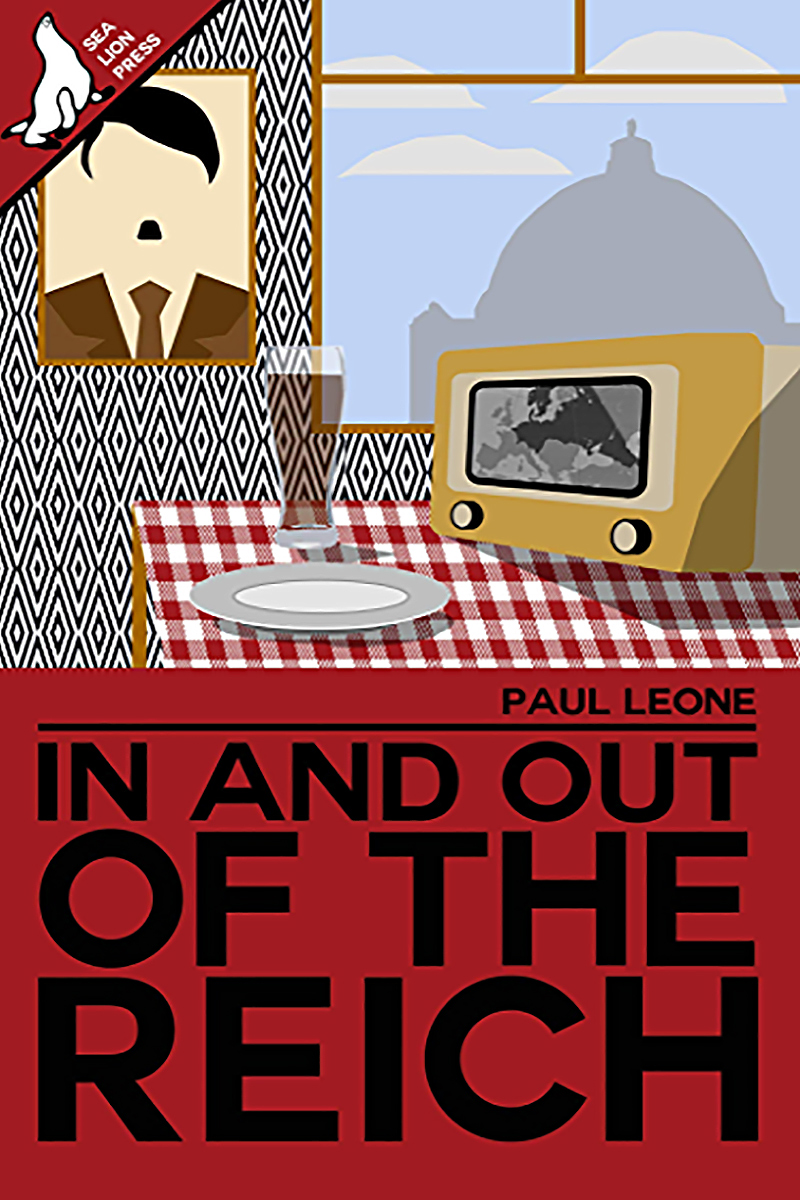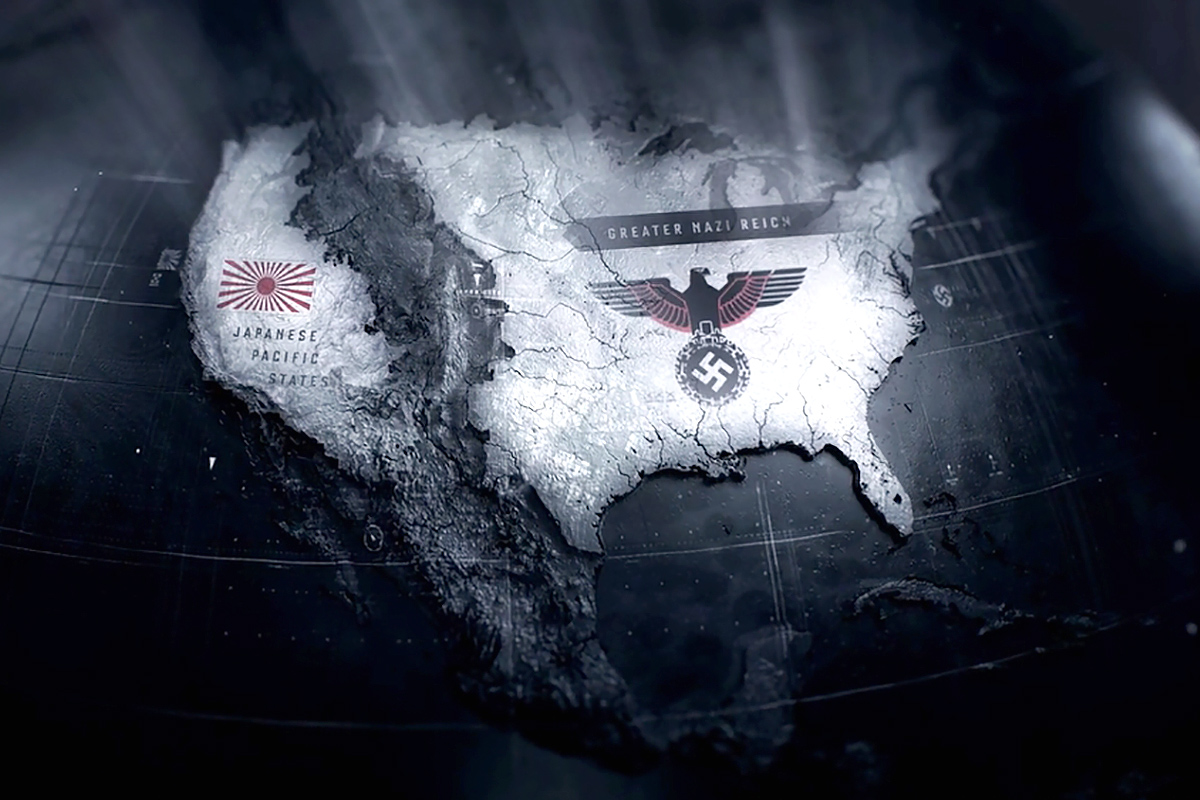Referred to as Armistice Day, Remembrance Day, or Veteran’s Day, November 11 has a special meaning for dieselpunks. The “diesel era” (1920s-40s) arose out a meaningless war (World War I), saw one of the epic wars of history (World War II) and died a slow death in another meaningless war (Korean War). One could say that dieselpunk is born in blood, lives in blood and dies in blood.
Maybe the central role of war, combined with the societal traumas of the rise organized crime, the Great Depression and the Dust Bowls, is what gives dieselpunk the reputation for being “darker and grittier.”
However, we need to realize that out of this darkness came heroes. Men and women who stood up to mobsters, survived the Spanish Flu, persevered through the disasters of the Great Depression and the Dust Bowl and defeated the greatest evil the world had ever seen in a war of mythical proportions.
Therefore, while dieselpunk is indeed dark, it’s also a celebration of the triumph of the human spirit in the face of adversity. This celebration is what gives dieselpunk a power that other genre-punks lack.




